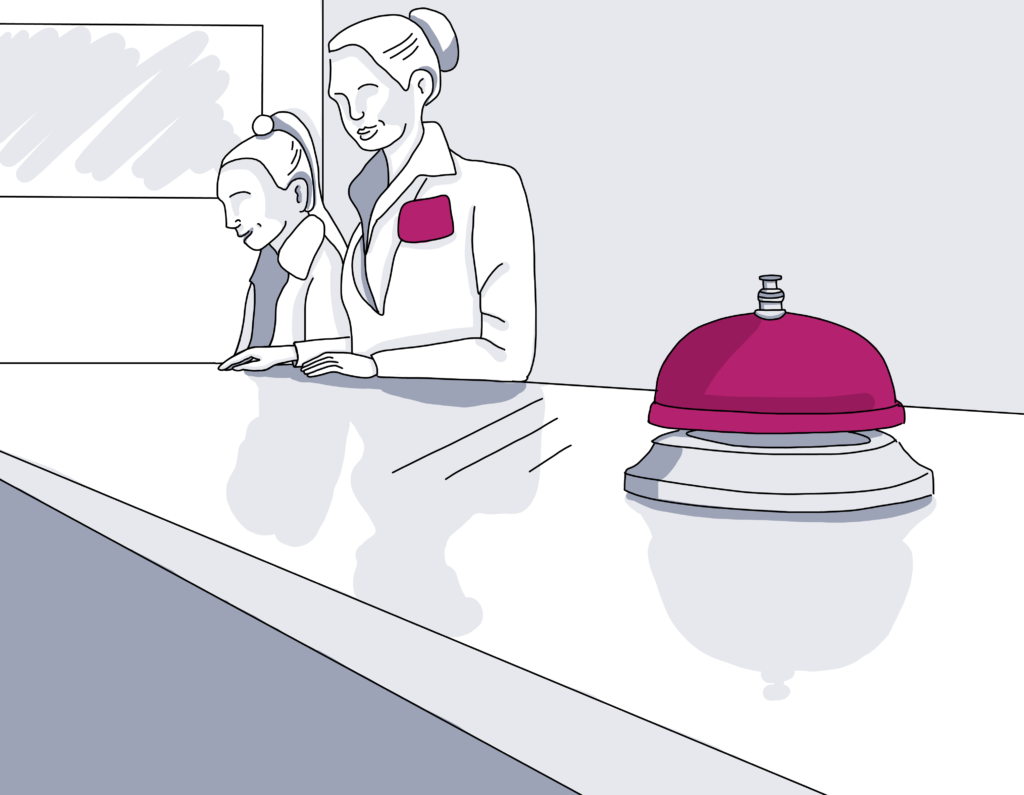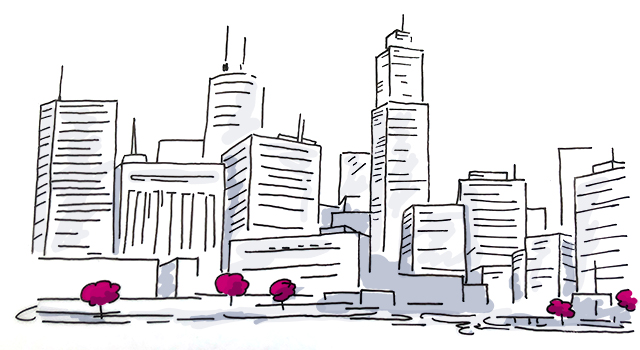
What Does IoT in Hospitality Mean for the Future of Hotels?
It may seem futuristic, but the Internet of Things (IoT) has become a reality. Just consider how some of our everyday items ” like thermostats and security systems ” communicate with us automatically. It’s common in the home, sure. But what is the future of IoT in hospitality?
[Tweet “There will be 20.4 billion connected things in 2020. How will you leverage IoT for your hotel?”]
IoT in hospitality is good news for hotels
For the hospitality industry, IoT means reduced costs and a better guest experience. Once you picture smart homes powered by IoT, picturing IoT in a hotel is not all that big of a big leap.

For hotel guests, IoT creates a seamless visit
For guests, IoT in their accommodations makes for a more comfortable and customized stay. Guests might stay in automated rooms where they can adjust the lights or call the front desk from their beds via their TV or mobile device.
And speaking of mobile devices, hospitality can be more integrated with guests’ personal gadgets thanks to IoT. Guests can check into a hotel and unlock their room via their mobile device, providing a seamless hospitality experience.
Moreover, mobile integration gives you data (with the guests’ permission) that lets you remember guest preferences. Hoteliers can take it a step further and customize their reservation based on previous stays.
For events, catering and comfort are easy
On the events side, what if you could figure out exactly when event guests are done with their meals? Or what if you knew when a group had left a breakout room so you could send in the service staff? Similarly, what if you could change the temperature of a ballroom based on how many attendees are in the room? It’s easy to see how IoT can make events run more smoothly.

For hoteliers, IoT creates more efficiencies
Guests aren’t the only ones experiencing the benefits of IoT in hospitality. Hoteliers are saving money because of increased automation and data-sharing.
For example, with connected devices, hotels can allow the lighting in a room to adjust based on the amount of natural light. Similarly, technology can detect a room’s occupancy and adjust the temp accordingly, which cuts back on energy costs without compromising a guest’s comfort.
Likewise, IoT in hospitality lends itself to predictive maintenance. Technology can predict when a piece of hotel equipment, like an AC unit, will have an issue before it becomes a problem. That way, hoteliers can avoid the headache of last-minute room shuffles to accommodate a guest with a broken AC. How much better would your service be if you had the intelligence on issues before they become a problem?
What about the downsides of hospitality IoT?
It’s true that connecting devices online introduces enormous efficiencies for the hospitality industry. But it also introduces threats like cyber attacks and security breaches.
Each device incorporated into a hotel’s digital infrastructure can be exploited by hackers. These hackers can use their access to hold a hotel’s systems hostage (and demand a ransom) or jeopardize the security and comfort of guests by playing with building controls.

These possibilities shouldn’t lead hotels to fear IoT in hospitality. It’s the way of the future and unavoidable. Rather, it should push hotel executives to think about how they can take advantage of the immense benefits of IoT in hospitality and get ahead of vulnerabilities.
Today, the IoT opportunities for hotels can elevate the guest experience. Hotels that incorporate IoT into their establishments will have a leg up on the competition.
We want to hear from you: does IoT in hospitality have a future with hotels? Let us know what you think on LinkedIn.

